Student Blog
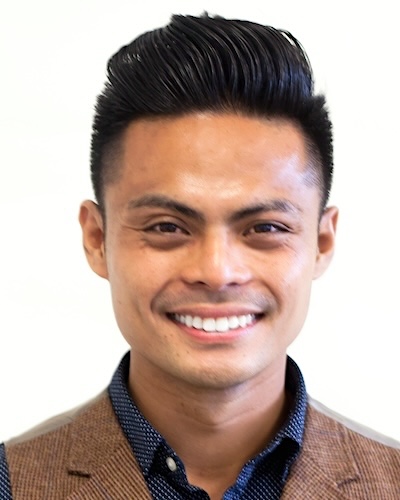
The Occupational Lens ⟩
February 17, 2015, by Jonathan
As an occupational therapist, one of the things we are best at is being able to capture the details of any given occupation. We are trained to develop this skill, because we are constantly breaking down activities into components to find out where our clients/patients may experience challenges or successes during a given occupation. From there on, we have a better idea of where our treatment efforts should be focused. With that said, during the course of the program, I’ve gotten better at developing this skill — almost to the point in which I can’t turn it off. Here are some examples of what I would like to call the “OT lens.”
This one time, I was hiking with Leila and her sister at a pretty challenging course. I remember for one of the pathways, the hill incline grade was ridiculously steep (almost 45 degrees). I remember Leila’s sister was wearing one of those drawstring backpacks, in which she had only one strap over her shoulder. Almost automatically, I found the following words coming out of my mouth: “It may be easier if you put on both straps of your backpack on so that way there’s no muscle imbalance. Also, get down more towards the floor to lower your center of gravity, and spread out your feet to increase you base of support; it may be easier to get up the hill.” I remember Leila smirking, and I found myself laughing as well, because I totally OT-geeked out. Best believe we got up that mountain, here’s a pic from the top!
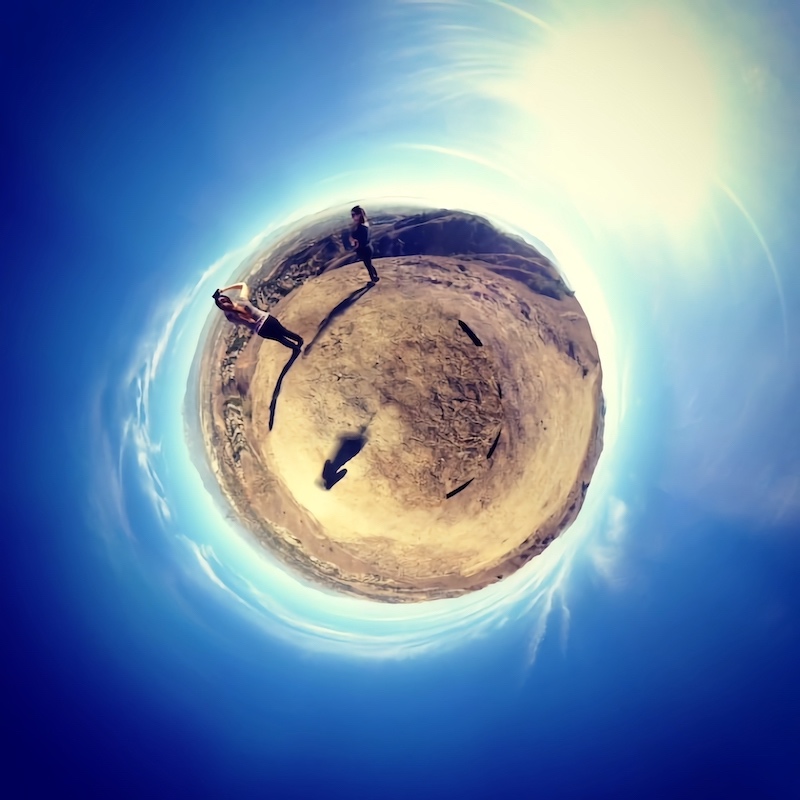
This other time, I was on my way to a concert with some friends from the program. I remember being in the backseat of a full car, faced with a dilemma I’m sure you’ve all been through: trying to find your seatbelt buckle between the tiny crevice between you and your friend, without looking. I remember saying to my friends, wow, the stereognosis demand on this task is through the roof! For those of you that don’t know, stereognosis is defined as the ability to perceive the form of an object utilizing the sense of touch. I debated with my OT homies and they just laughed, saying “Jon, can we not talk about anything school related right now!?” I responded by saying “I’m sorry, I can’t help it! I can’t turn it off!”
To preface these last examples, I’ll give you a little background about my family: it is currently being overran by numerous cute babies. It’s straight up baby land at my family parties. With that said, I find myself sort of becoming the baby guru of my family. I remember one of my cousins was mentioning that her daughter loves to wash her hands. I then asked, “Does she like to do anything regarding water?” She immediately replied, “Yeah. She loves the water.” I replied with, “Well, she may be sensory seeking towards anything that involves water, much alike me.” It’s important to note that during any family party, I will take my niece an average of 4-5 times to wash her hands (even if her hands are clean), and every time I do take her, all I can think to myself is . . . “I feel you girl, I feel you!” Haha lastly, during a recent Superbowl family party I was hanging out with my 9 month nephew and I was rocking him side to side as he rested in my arms. In 5 minutes, he was sleeping . . . a friend called me the baby whisperer, to which I replied “I can’t take the credit . . . it’s the vestibular input magic at work.”
Yeah, sometimes the OT geeking out can get a little crazy and out of control. The fact is, once you’re an OT, you can’t really turn it off. Call it what it is, but it’s one of the things that comes with being an OT: we are trained to analyze people in the context of their meaningful activities; the occupations that are embedded in everyday life. The lens never really comes off, even if you try. I guess idealistically, I would like to compartmentalize school, work, and my personal life, but the fact is, having an OT lens doesn’t feel like work . . . at this point in time, it’s second nature, and it’s something that I love to do. I guess Confucius said it best: “Choose a job you love, and you will never have to work a day in your life.” For me, that’s what occupational therapy is.
— Jonathan
⋯
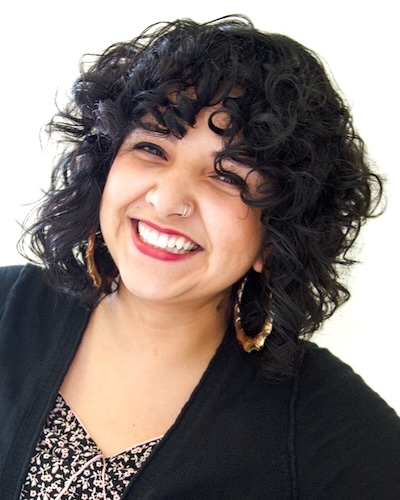
Semester Electives ⟩
February 12, 2015, by Brenda
I’m a tad late, BUT I just wanted to give a shout-out to my favorite cohort of all time, COHORT C! I miss you guys. Even though last semester was the last semester we had class all together, I’m glad I still get too see many of you in various classes this semester.
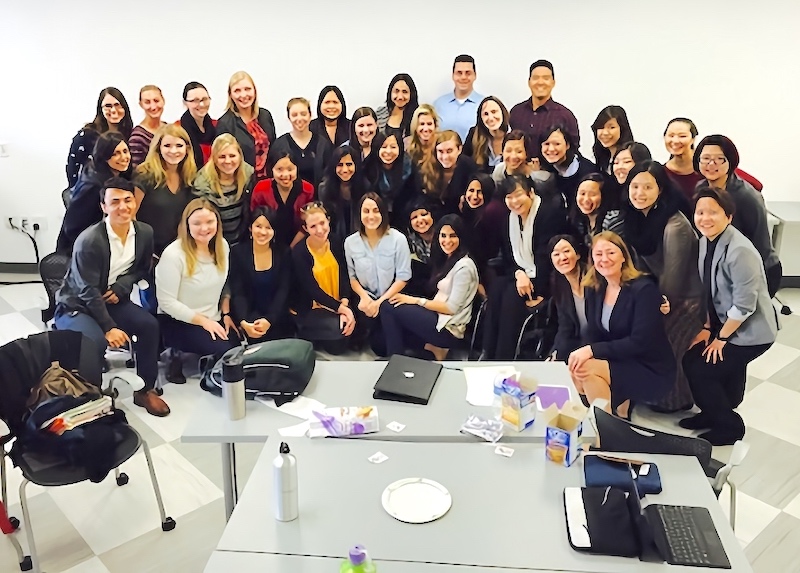
The Coolest Cohort C
This semester, as many other ambassadors have written about, is the semester in which we get to pick our own classes. While the program prepares you to become a general practitioner, this is the semester in which we get to explore the things we are most interested in. This is a great opportunity to learn more about a specific population or domain of occupational therapy practice. For many students, like myself, deciding these electives can be a daunting task. This is only because my interests are so vast. When asked what I’m interested in, I always say, “Everything under the sun. Except for pediatrics.” And while my answer is so definitive when it comes to pediatric practice, I still secretly think that there is a itty bitty chance I may change my mind about this down the road. In the end, I chose classes that were most interesting to me. These include Motor Control, Acute Care, Optimal Living with Multiple Sclerosis, and Therapeutic Communication. Although it took me some time to solidify my schedule this semester, these classes have been awesome. I have really been enjoying them equally. In Motor Control, we get to go to Rancho Los Amigos and learn all about proper mobilization techniques and in Optimal Living, we get to work alongside participants living with MS and work towards their goals using principles of Lifestyle Redesign. All my classes are somewhat different from each other, which keeps in line with where my interests lie, all over the place. Nevertheless, I am very grateful we get to have this unique opportunity at USC. If you are curious about what other classes are offered in this semester, you can find a list of them on our website.
⋯
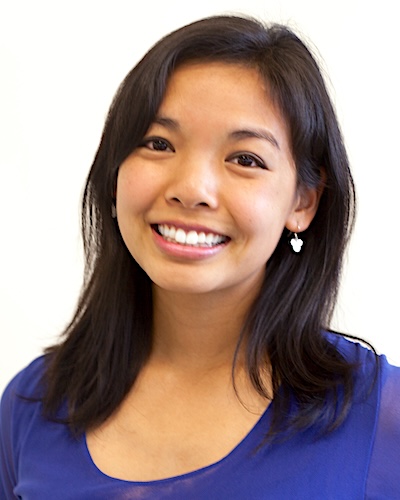
Classical Grad Life ⟩
February 11, 2015, by Claire
Hello everyone!
One thing that I like to tell prospective students about is the various ways to get involved as a graduate student. One way is the USC Graduate Student Government, which puts on various events for graduate students on both the University Park Campus and the Health Science Campus.
There are lots of events that happen, including professional networking events, book clubs, happy hour gatherings, and discounted tickets to events in Los Angeles!
The most recent event that I went to that was sponsored by the Graduate Student Government was to listen to the LA Philharmonic at the Walt Disney Concert Hall. I really enjoyed it!
I haven’t listened to classical music in a really long time, and it was a wonderful way to spend a weekend evening.
This was the flyer that caught my attention!
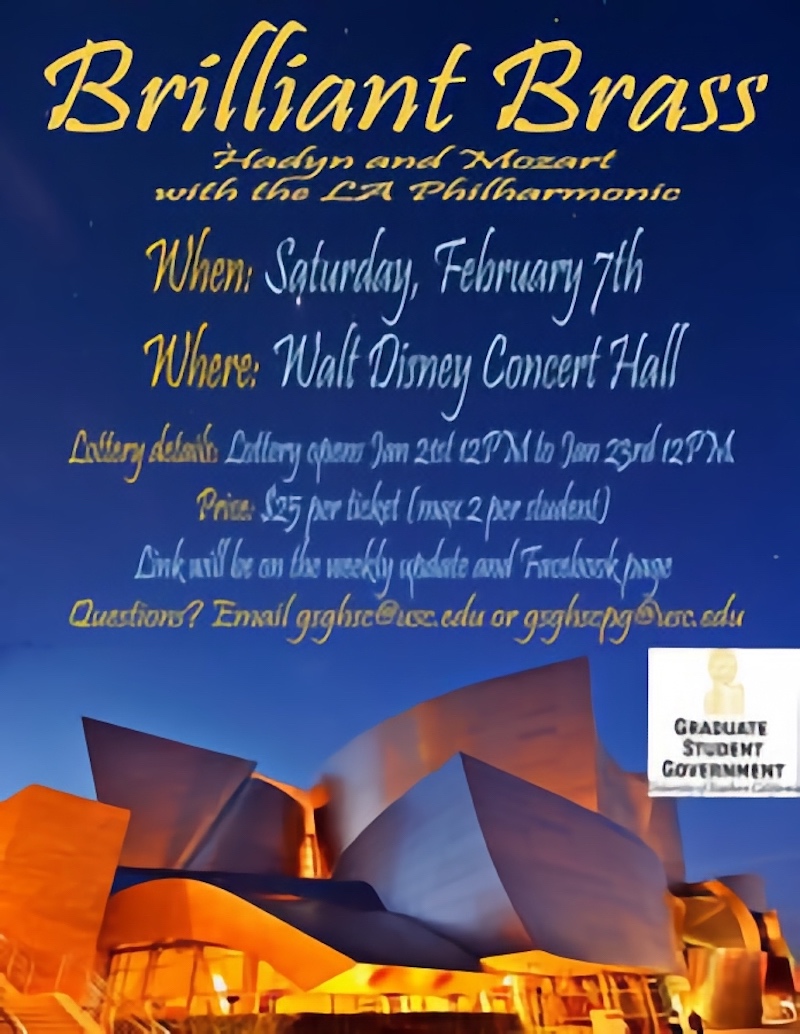
We had seats that faced the conductor, which made our experience really interesting! I have never been able to see the face of the conductor before, and it was pretty inspiring to see how he was so immersed into the music. I found myself completely immersed in the performance and watching the conductor and all the talented musicians play. It actually reminded me about flow, a theory developed by the psychologist Mihaly Csikszentmihalyi that comes up in our occupational therapy discussions. The concept of flow discusses the full immersion of a person in an activity which the skill and the challenge is balanced; it often results in a different experience of time. I felt like the three hour concert flew by so quickly!
In our qualitative research class last year, my group and I conducted a mini research project on the experience of performance anxiety in musicians, specifically the contrast between solo instrumentalists versus orchestra members. I was reminded of our research and interviews with musicians as we listened to the performance as well. There were trumpet and horn solos in two symphonies, in which the entire orchestra stops playing and everyone listens to the really complex solo. I almost stopped breathing because part of me was scared of the soloist messing up. The solos were absolutely brilliant and I shouldn’t have worried at all. It was interesting that during this classical music performance, I realized that we had explored so many different topics in our program!
So that’s a snippet of what’s happening in my OT grad life!
⋯
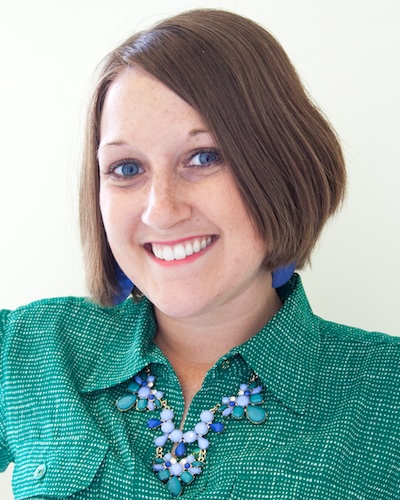
Just a small town girl in a big city! ⟩
February 10, 2015, by Kristy
As I have mentioned before I am from a tiny town in Northern Minnesota, no really it is SMALL! I graduated high school in a class of 75 students. Needless to say, Los Angeles is NOT small, so it was a big change for me! With that said I take every opportunity to explore this amazing city and all it has to offer. Now, it may surprise you that I have had the time to do and see so many things while I’ve been out here as I am a student in graduate school, but let me tell you — it is all about balance! We need to engage in activities that are meaningful to us, ahem, our occupations. 😊 I’ve received a lot of questions lately about what kinds of things I like to do around LA and if there is even time for them as a student. It seemed rather fitting to compile some of the fun things to do! Now granted, I am by no means a local, but I do my best to explore!
Obviously there are the basics to do and see like sporting events, museums, and the beach, but there are tons of places to go hiking, always new restaurants (or hole in the walls) to eat at, and tv tapings to attend! Here’s a compilation of some of my favorites!
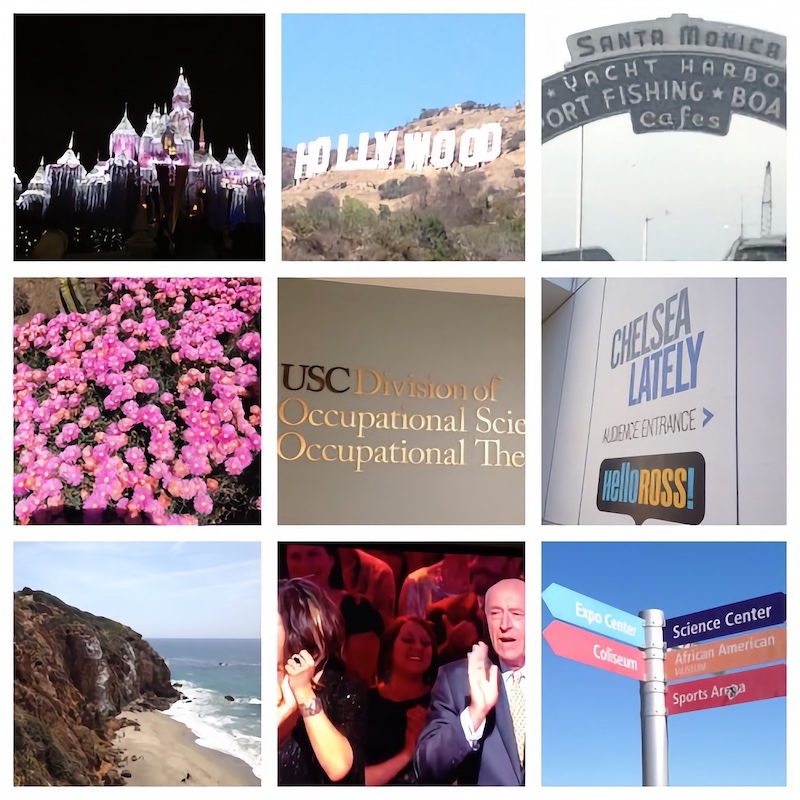
Disneyland, Hike to Hollywood Sign, Santa Monica Pier and 3rd Street Promenade, Huntington Gardens, USC Division of OSOT, Tv Taping of Chelsea Lately, Malibu Beach, Tv Taping of Dancing with the Stars, Exposition Park
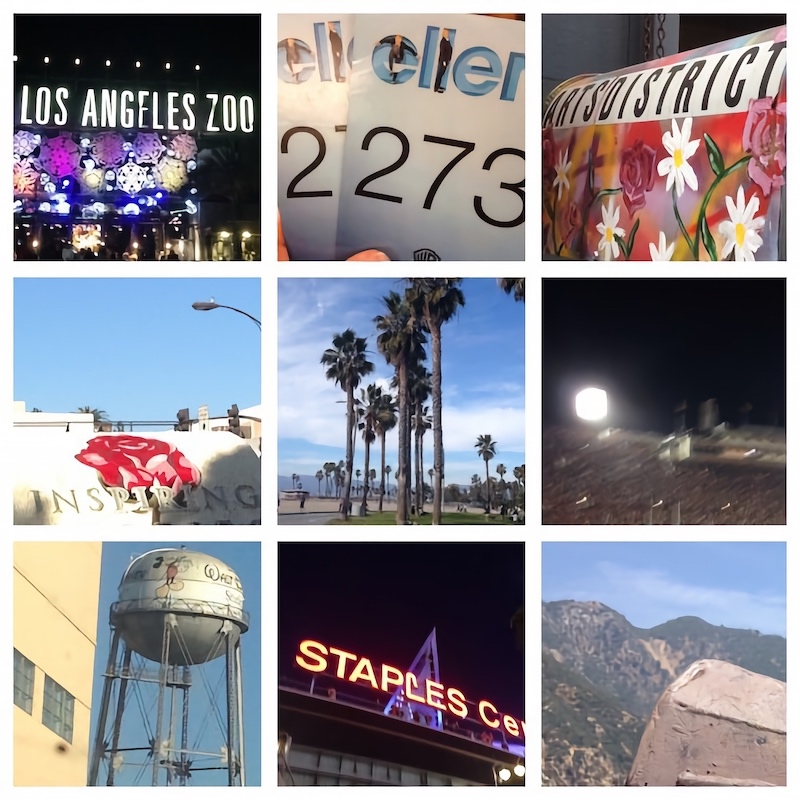
Los Angeles Zoo (new and old), Ellen!, Arts District, Rose Parade, Venice Beach, USC Football Game, Walt Disney Studios, Staples Center — Sports Events or Concerts, Hiking on Echo Mountain
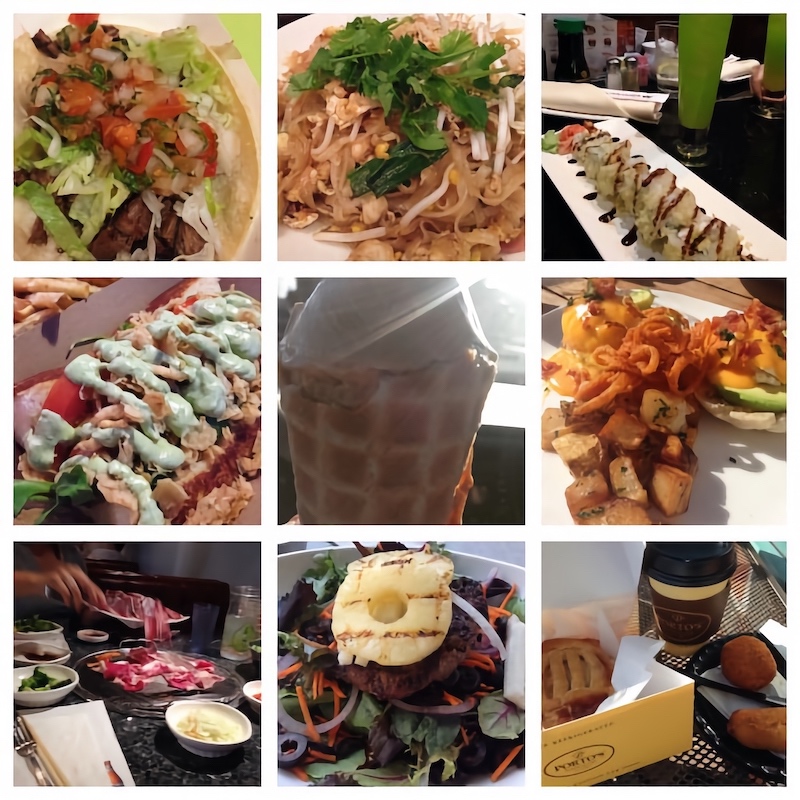
Food galore, need I say more?
What are your favorites? Tell me if there is somewhere I need to go! Or let me know if you have questions of somewhere I have been!
⋯

Say whattttt, that’s occupational therapy!? ⟩
February 3, 2015, by Jonathan
It’s an age old question: what is occupational therapy? Funny enough, I ran across this on Facebook the other day:
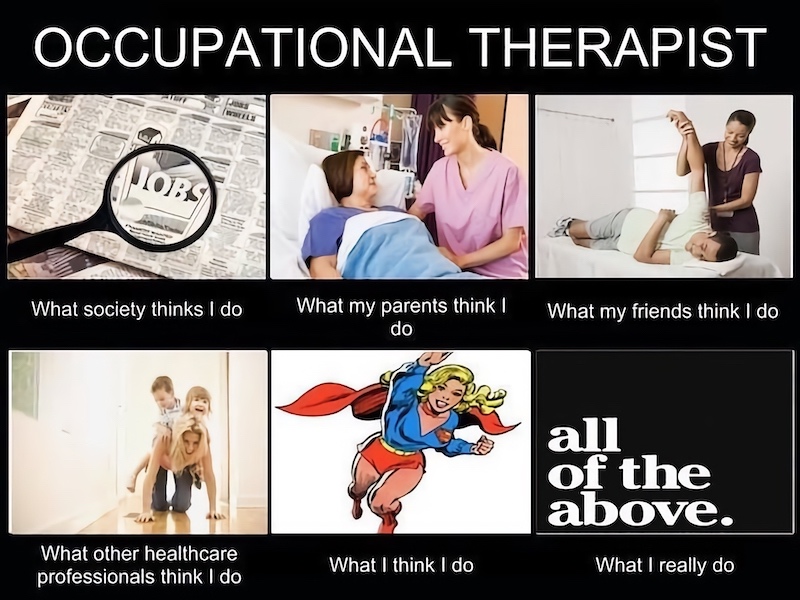
Point being, occupational therapy is a vast field with many faces. An occupational therapist can work with a variety of individuals across a number of diverse settings. With that said, I think it’s because of this reason that it’s a challenge to find an all-encompassing definition of exactly what it is that we do. In my own experiences, my definition of OT is constantly evolving the more I am exposed to the different things that an occupational therapist can do. Just to give you a better idea of the many hats that OTs can wear, I will talk about some of my own experiences regarding occupational therapy and the various outlets I’ve had the privilege of applying my passion towards.
My first level I fieldwork was at City of Hope. Oncology is an emerging field in occupational therapy, and this was something I’ve always wanted to explore because I’ve always had a passion for working with individuals who have cancer. Over at City of Hope, I was doing a number of different OT interventions, such as mirror therapy, ADL/IADL training, therapeutic exercise, and energy conservation techniques. I remember one of my patients was a Mother. I remember her telling me during our sessions together that it was not the cancer itself that was the most challenging aspect, it was more so her frustrations of feeling that she was not able to engage in the roles and occupations that were meaningful to her. Specifically, she felt like she could not be the Mother she wanted to be, and she could not live the active lifestyle she had desired, because she did not the same energy she once had to undertake these ventures. Thus, in her therapy sessions we would work on energy conservation techniques and we would find ways to build her activity tolerance, so that way she felt more connected to who she was while battling her cancer. The context of occupation engaged her in therapy, and I really enjoyed my time working with her. Here’s a picture of my favorite place at City of Hope, the Golter Gate.
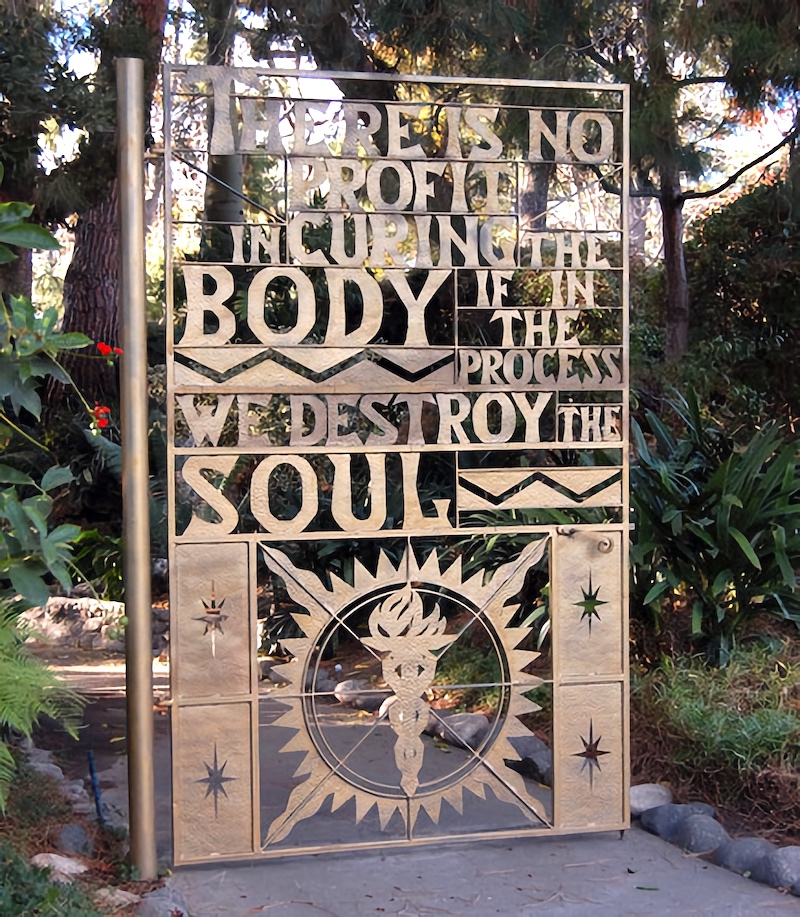
Golter Gate at City of Hope
My second level I fieldwork was at Project 180. It was over here that I was working with individuals who were incarcerated or who were at risk for incarceration. I remember watching a 30 days documentary by Morgan Spurlock, and he mentioned a statistic that 2 out of every 3 individuals who are incarcerated will be readmitted back into prison. Thus, Project 180 aims to help these individuals who are at risk for incarceration develop the skills that they need in order to successfully reintegrate into the community. The interventions I was doing consisted of a number of things, including helping an individual find a job, develop a skill set for maintaining a job, helping an individual reconnect to their family, and basically supporting these individuals to turn the chapter and recreate a new life story that they could be proud of. Here I am with my friend Amy, on our last day at Project 180.
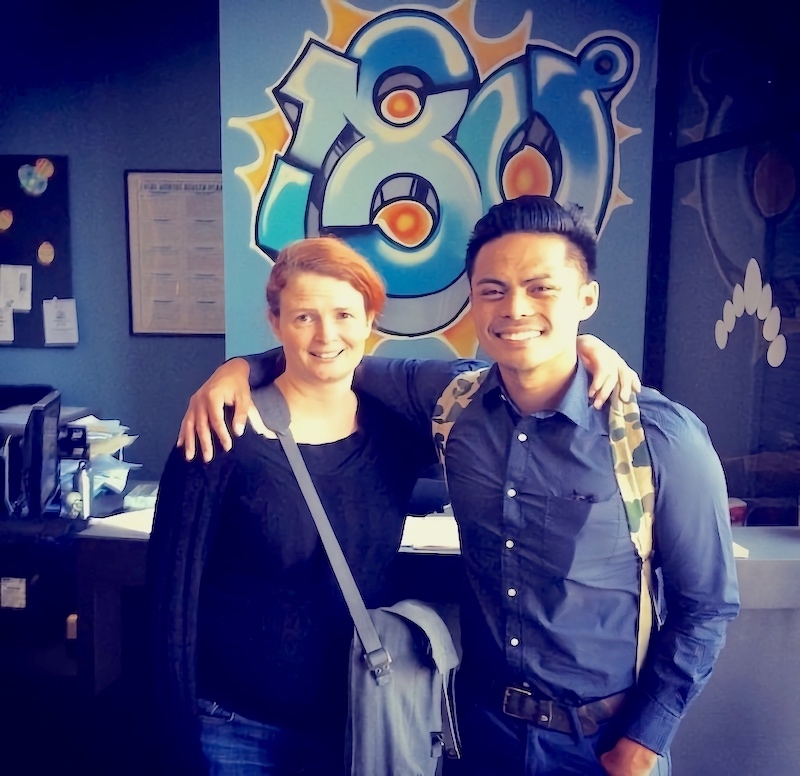
Project 180
I’ve mentioned my time at the Honolulu VA in my previous blogs. It was over here that I was able to work with the heroes who have served our country in inpatient, outpatient, and home based primary care settings. Over here, I was able to help veterans rehabilitate injuries utilizing the occupations that they loved to do. Last semester, I did my level I FW in Pediatrics at NJA therapy services, where I was helping children with special needs in both school based and outpatient settings. Over here, I was utilizing interventions such as fine motor exercises, sensory integration, and ADL training to help these children live a life to their fullest potential. This semester, I’m working with individuals who have multiple sclerosis utilizing a lifestyle redesign model. In doing so, I’m putting in my 100% effort to help my participants reach their meaningful goals, and am supporting these individuals to connect to the occupations that provide them meaning.
Based on my experiences, here is my definition of OT: we are a health profession that helps an individual reach their meaningful goals and fullest potential utilizing meaningful activity. This can be through prevention or rehabilitation, but ultimately we use the context of occupation to help an individual get to where they want to be. We look at a number of factors, including social/physical environment, support systems, personal strengths, and participation patterns, to help an individual overcome the challenges that prevent them from doing what they would like to do. We utilize our skill set to help the people we work with, and put forth our efforts to empower these individuals to live a life engaged in the occupations that give them meaning.
With that said, I pose this question to you: What’s your personal definition of OT? 😊
— Jonathan
⋯





